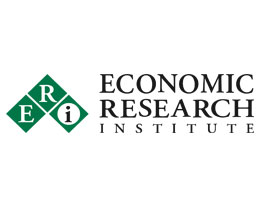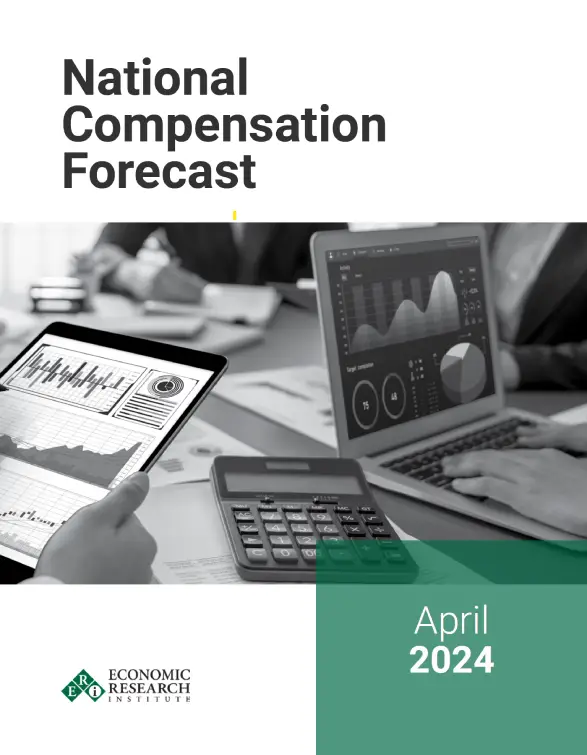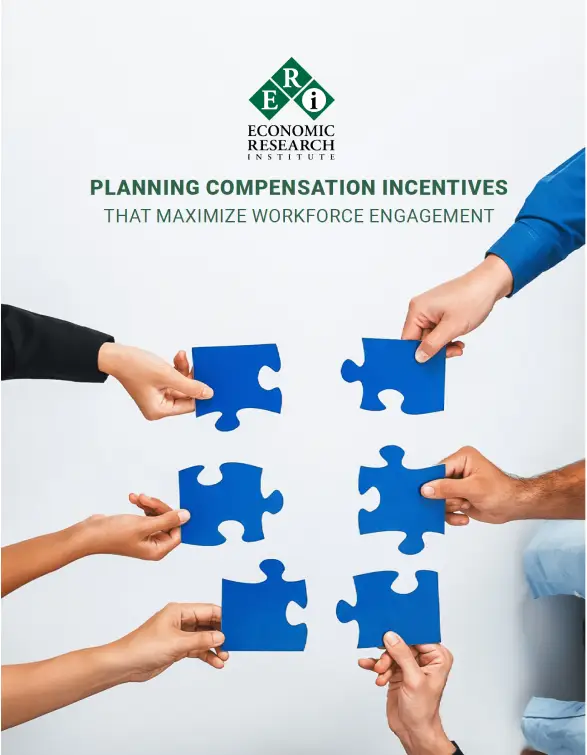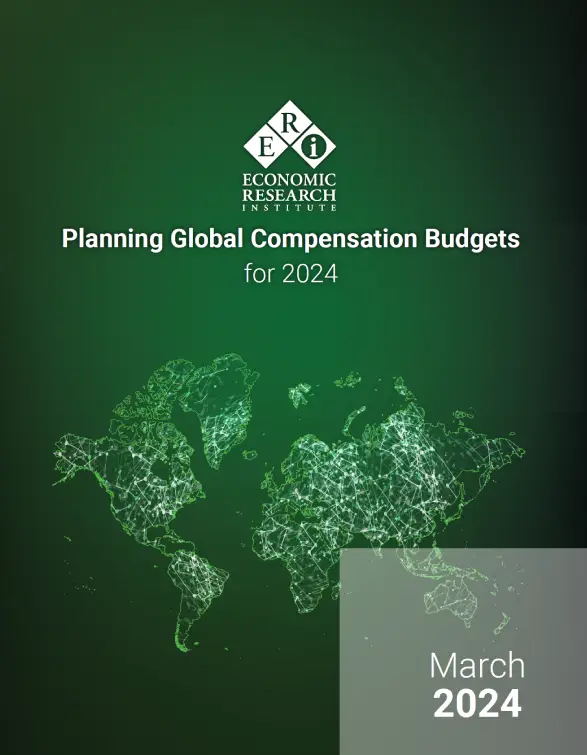Tax-exemption for churches and religious organizations is an area Congress hasn’t looked at in decades, but Senator Chuck Grassley (R-IA), ranking member of the Senate Finance Committee, is interested in changing that. His staff conducted an investigation of media-based ministries that constituents brought to his attention, with the stated goal of coming up with recommendations to encourage good governance that would preserve confidence without inhibiting religious freedom.
The report released in January 2011 includes some ideas for consideration by Congress that would impact how religious organizations report compensation and participate in elections. Currently, churches are not required to file an annual Form 990, and IRS has limited rights to investigate them. See http://www.irs.gov/pub/irs-pdf/p1828.pdf for more details. However, church employees do have to report their incomes on income tax returns.
Some key issues and recommendations:
- Parsonage allowances. Ministers can now exempt housing costs from their taxable income and the report raises some questions about how the exemption is used. For example, what exactly is a “minister”? On how many homes can the exemption be taken? Congress is urged to decide if the parsonage allowance should be limited to one primary residence or a specific dollar amount and consider other possible limits and definitions.
- Revising the tax code to allow church inquiries. Presently, the IRS is restricted in investigating churches. The report suggests enforcement could improve if IRS were allowed to investigate disqualified persons or organization managers that may have received an excess benefit.
- Scrutiny of gifts to churches and charitable organizations. Some churches say that, because their ministers do not receive salaries, they are not employees, and therefore gifts should not be treated as taxable income. Court decisions on this issue have varied. The report suggests implementing regulations that these should be treated as taxable income if the organization “facilitated” the donations (for example, by asking members to make contributions to the minister).
- Changes in electioneering prohibition. The current lobbying rules and regulations fornonprofits are imprecise. With no ‘bright line’” between issue advocacy and partisan politics, the IRS and the courts have been challenged to consistently determine what is permitted and what is not. The report recommends that current electioneering prohibitions be replaced with a limitation similar to lobbying restrictions for other nonprofit organizations or that the federal election law be used for expenditure limits and electioneering communications.
Whether or not Congress will act on the suggestions in this report is not yet known. However, this report is a significant effort to start the discussion of allowing the IRS to improve and clarify its efforts to ensure that churches are complying with the requirement for a public benefit purpose.



